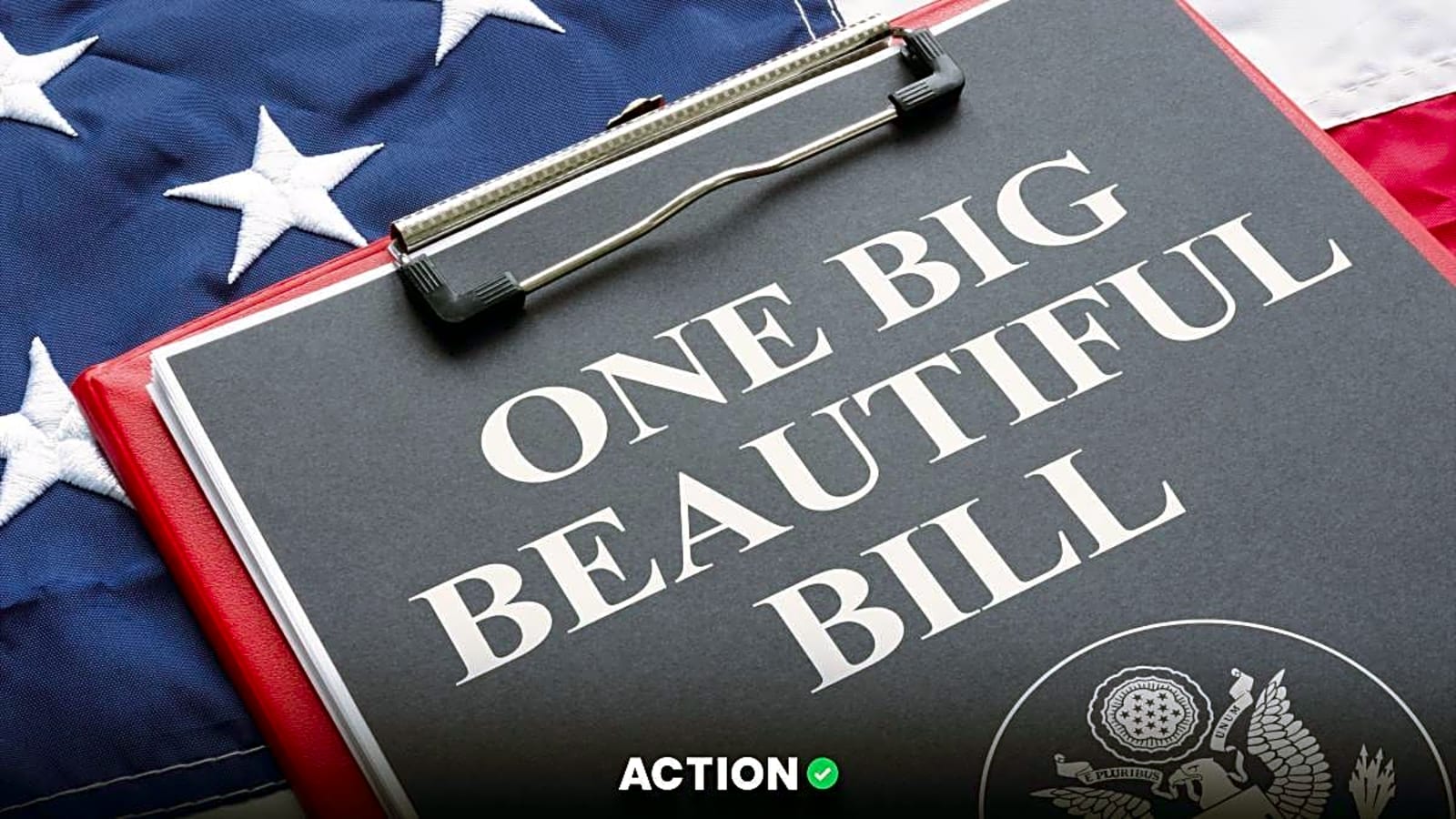
In July, President Donald Trump signed into law the “ One Big Beautiful Bill Act,” introducing a significant change to the way gambling losses are treated for federal tax purposes.
The shift, which caps the deduction of gambling losses at 90% of winnings starting in 2026, has sparked considerable debate and concern across several industries tied to gambling revenues.
However, new language was recently added to another bill that seeks to restore the gambling losses tax deduction to 100% and has been referred to the House Ways and Means Committee.
Understanding the Change in Gambling Loss Deductions
Previously, taxpayers who gambled could deduct their losses in full up to the amount of their winnings.
This meant that if someone broke even or ended up losing money, they wouldn’t be taxed on income they didn’t actually earn. However, with the new cap, gamblers may find themselves in a different situation, where they owe taxes on money they never saw as profit. Essentially, even those who break even or lose slightly could face unexpected tax bills.
The horse racing industry, a major player in states like California that depend on gambling revenues, is particularly vocal about the potential negative effects of this cap.
The reduction in deductible losses might discourage gamblers, ultimately resulting in reduced revenues for industries that heavily rely on this income stream. Concerns are growing that this change could unintentionally hurt the legal gambling market.
Legislative Efforts to Reverse the Deduction Cap
Several bills have emerged in response to the new tax law, all aimed at restoring the full 100% deduction for gambling losses. These include:
- The FAIR BET Act: Introduced by Rep. Dina Titus (D-NV), this bill seeks to reinstate the full deduction. Rep. Titus’s bill has languished in the Ways and Means Committee, most likely because of the current Republican trifecta in the House, Senate, and the Presidency,” wrote the NTRA in a press release this week.
- The WAGER Act: aka, the Winnings And Gains Expense Restoration Act of 2025. Sponsored by Kentucky Congressman Andy Barr, it shares a similar goal of rolling back the deduction cap. The WAGER Act could be passed either as an attachment to a larger piece of legislation or as a standalone bill, according to Thoroughbred Daily News.
- The FULL HOUSE Act: Championed by Sen. Catherine Cortez Masto (D-NV), also proposes reversing the cap.
Despite these efforts, the bills have yet to gain significant traction. The political landscape has so far hindered their progress, with some proposals stalling in committee and facing blocks from Senate Republicans.
Broader Implications of the Tax Change
The new deduction cap is projected to bring in approximately $1.1 billion in federal revenue over the next decade.
However, critics argue that this financial benefit comes at an unfair cost to gamblers, who might now be incentivized to underreport winnings or consider less regulated platforms for their gambling activities. These critics emphasize that such actions could bypass legal markets and lead to broader issues.

As this new law takes effect, the conversation around gambling loss deductions is far from over. Industry leaders, lawmakers, and taxpayers alike are advocating for a rollback to the earlier tax rules.
They argue that maintaining a viable legal gambling market is crucial not only for the industry’s success but also for fair taxation of its participants.
Until substantial legislative progress is made, this debate remains a significant issue for many stakeholders involved.
More must-reads:
Breaking News
Trending News
Customize Your Newsletter
 +
+
Get the latest news and rumors, customized to your favorite sports and teams. Emailed daily. Always free!








